Portugal is the most geographically distant EU country from Ukraine, yet in the past year, it has become a steady partner. On 28 May 2024, the two nations signed a bilateral Security Cooperation Agreement, outlining how Portugal would support Ukraine in resisting Russian aggression and rebuilding after the war. This pact was the 12th in a series of bilateral agreements Ukraine began concluding in early 2024.
That series grew out of the G7 Joint Declaration of Support of 2023. By July 2025, Ukraine had signed 29 such agreements — 27 with G7‑aligned or European partners, one with the EU, and one with Croatia — all aimed at long‑term security cooperation. Some commitments come directly from Portugal, while others are delivered through EU-wide programs that Portugal supports collectively.
The agreement with Portugal is broad, extending far beyond the battlefield. It includes support for weapons and training, strengthening Ukraine’s defense industry, sanctioning Russia and using frozen Russian assets, humanitarian aid, and work to hold Moscow’s leadership accountable.
In collaboration with the Dnistrianskyi Center, Euromaidan Press presents this English-language adaptation of Dariia Cherniavska’s analysis on Portugal’s role in Ukraine’s defense, recovery, and pursuit of justice.
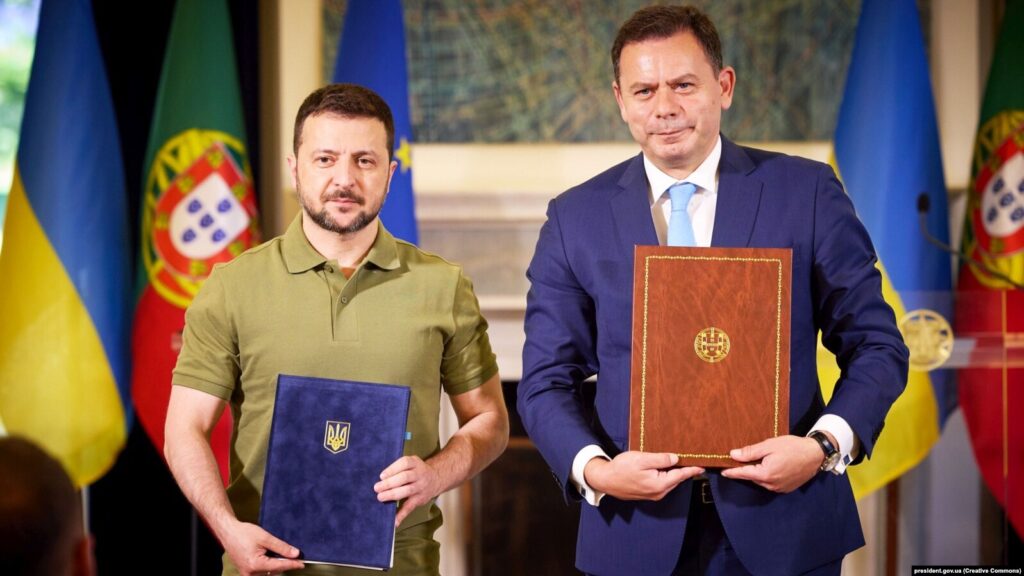
Portugal’s commitments
At the time of signing, Portugal pledged at least €126 million in military aid for 2024, aimed at strengthening Ukraine’s air and naval capabilities. Beyond this financial support, the agreement also envisaged:
- Participation in the EU training mission EUMAM
- Cooperation in defense industry development
- Using frozen Russian assets to help fund Ukraine’s defense
- Humanitarian support, including demining and reconstruction of destroyed infrastructure
- Joint efforts to prosecute Russia’s crimes
In essence, it laid out a ten-point roadmap that blends military, political, and humanitarian support.
A year of implementation
The first year proved that this partnership is much more than a statement. Portugal overdelivered on its military commitments while also supporting Ukraine’s defense production, reconstruction, and the pursuit of justice.
Key achievements between May 2024 and May 2025:
- €226 million in military aid, nearly double the initial pledge
- Helicopter deliveries: six Ka‑32 and eight SA‑330 Puma aircraft
- €100 million to the Czech-led initiative for artillery shells
- €52 million to the Drone Coalition to produce drones in Portugal
- Opening of a Tekever branch in Ukraine to expand drone support
- €6 billion from frozen Russian assets channeled to Ukraine through EU programs (collective funding)
- Training for tens of thousands of Ukrainian soldiers through EUMAM and the F‑16 pilot coalition
- Active support for four new EU sanction packages
- Reconstruction efforts including rebuilding schools and funding Superhero Schools
- Participation in coalitions for a special tribunal and the return of deported children
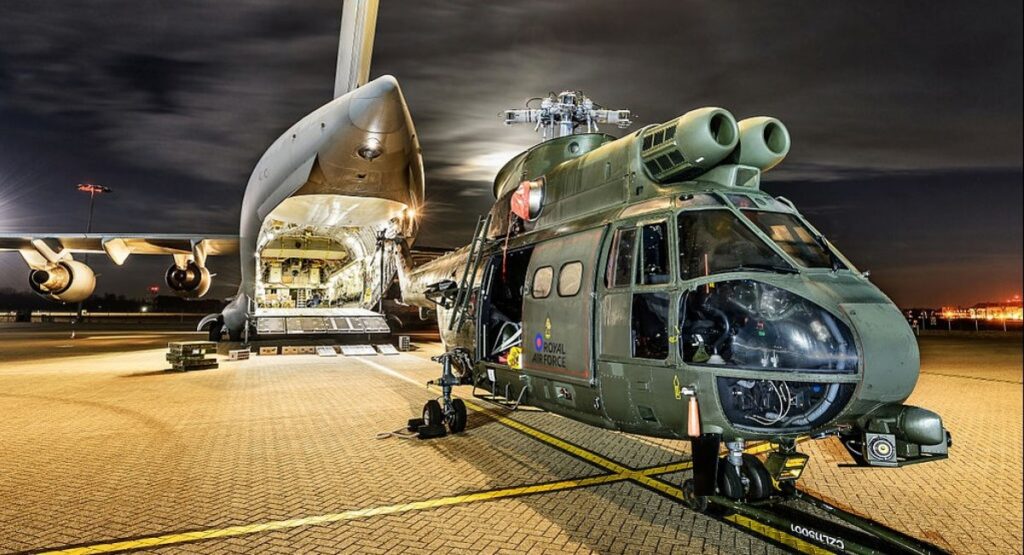
Military aid beyond expectations
Instead of the pledged €126 million, Portugal allocated €226 million to Ukraine in 2024. Early in the year, €100 million went to the Czech-led procurement of 155mm artillery shells, while €52 million funded drone production for Ukraine through the Drone Coalition.
Equipment followed as well. In September 2024, Ukraine received six Ka‑32 helicopters for transport and search-and-rescue missions. At the end of the year, eight SA‑330 Puma helicopters arrived, equipped with systems that allow them to launch Exocet anti-ship missiles.
Earlier contributions included M113 armored vehicles, three Leopard 2A6 tanks, five medical vehicles, 105mm howitzers, and ammunition. For 2025, Portugal has already pledged another €220 million.
Since 2022, Portugal has also joined three multinational “capability coalitions”—on armored vehicles, aviation, and naval power—each aimed at strengthening Ukraine’s defenses. Unlike many partners, however, it has not joined the IT Coalition (IT, communications, cybersecurity) or the Demining Coalition, which is the largest by number of participants.
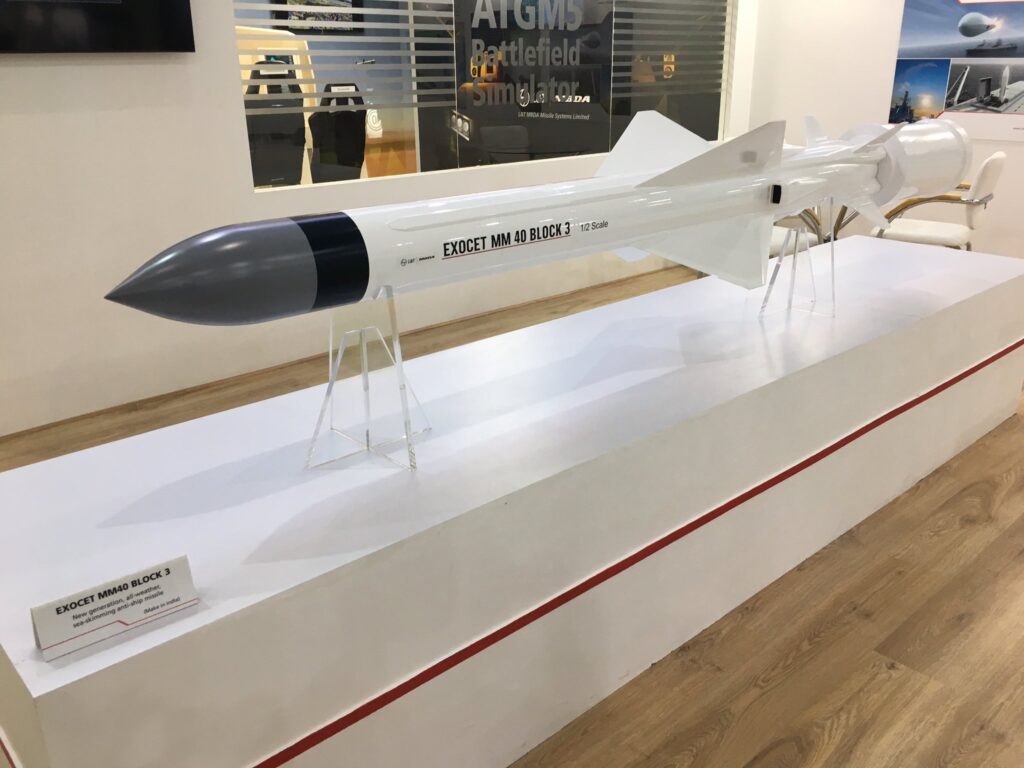
Strengthening technological capabilities
Since 2022, Ukraine has worked closely with Tekever, a Portuguese company producing AR3 and AR5 reconnaissance drones. The AR5 model can fly longer and carry up to 50 kg of payload. These drones have already caused over $4 billion in losses to Russian forces, including the destruction of two S‑400 systems.
In April 2025, Tekever announced the opening of an office in Ukraine to speed up drone servicing and operator training.
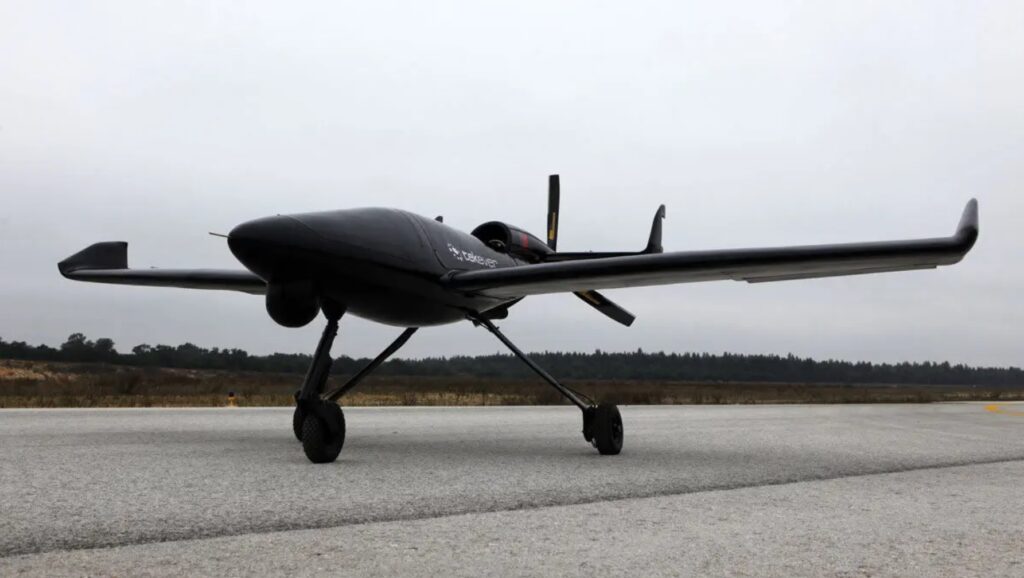
Frozen assets turned into support
Portugal also supports the EU plan to direct profits from frozen Russian assets to Ukraine. These ERA funds are EU-level resources, not Portugal’s national budget, but Portugal backed these measures as part of the collective effort.
The first €1.5 billion tranche arrived in mid‑2024, funding air defense, ammunition, and defense-industry investment.
By May 2025, €6 billion had been transferred through the ERA program. On 9 May 2025, in Lviv, EU leaders committed an additional €1 billion, part of a €1.9 billion package for weapons, artillery, and air defense.
In total, €35 billion is expected to be delivered during 2025 under ERA and the Ukraine Facility, with Portugal participating in these collective decisions.
Training Ukrainian forces
Portugal contributes actively to the EUMAM mission, which has trained over 75,000 Ukrainian soldiers since 2022.
The country also belongs to an 11-country coalition preparing Ukrainian pilots and crews for F‑16 fighter jets, with Norwegian instructors conducting the training on Portuguese Air Force bases.
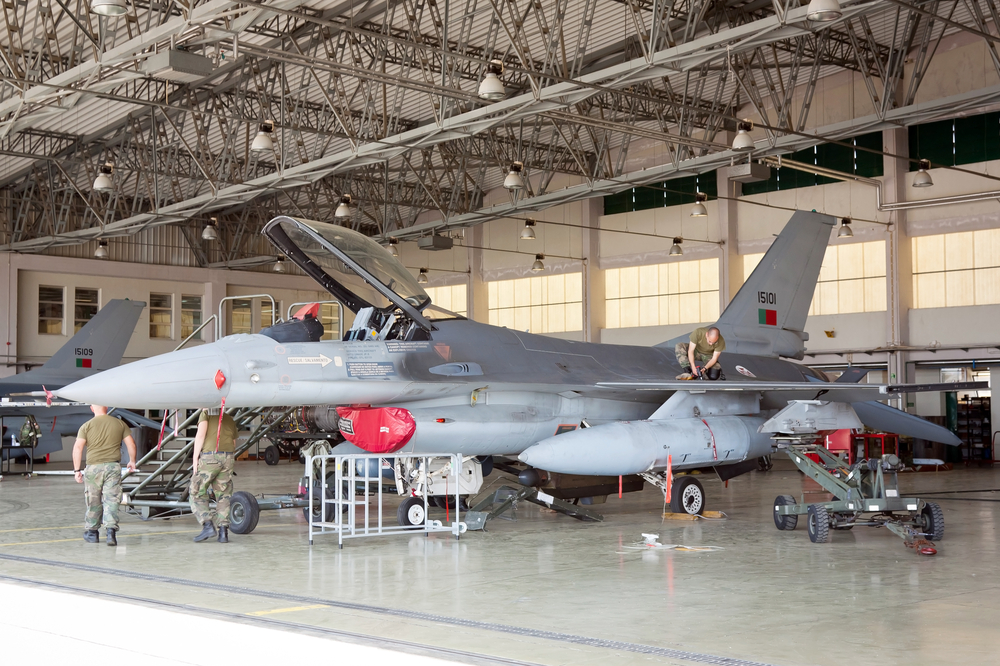
Sanctions and political pressure
In the year following May 2024, the EU adopted four new sanctions packages, all backed by Portugal. These measures targeted Russia’s military and energy industries, over 340 shadow fleet ships, propaganda outlets, and senior officials, including those linked to the bombing of the Okhmatdyt children’s hospital in Kyiv.
They also extended restrictions to countries helping Russia evade sanctions or supplying drones and missiles, including China, North Korea, India, the UAE, Singapore, Uzbekistan, Iran, Türkiye, Kazakhstan, and Serbia.
Humanitarian and reconstruction support
Portugal has also helped Ukraine on humanitarian and reconstruction fronts.
Since 2023, it has contributed €7 million to the Grain from Ukraine Initiative to stabilize the global food supply. Economic ties have also grown through Portugal’s AICEP agency, which in 2024 ran programs to attract investment and support Ukrainian business.
In November 2024, at the third Joint Economic Cooperation Commission, both sides agreed to expand trade and involve Portuguese companies in rebuilding efforts.
Portugal is already involved in rebuilding schools in Zhytomyr, including School No. 25 destroyed in 2022, and in 2024 invested €160,000 to create Superhero Schools in Chernihiv and Cherkasy, allowing hospitalized children to continue their education.
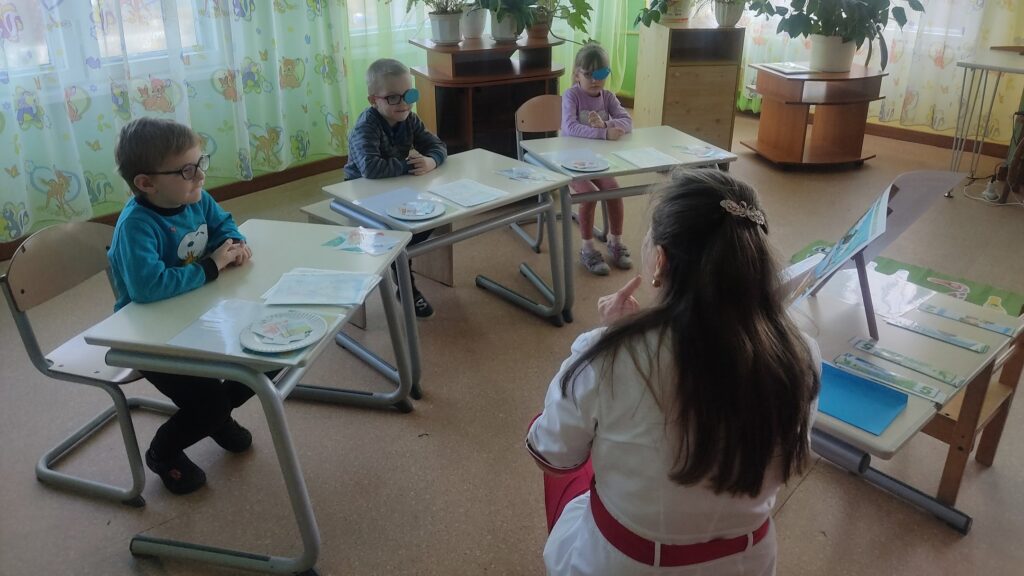
Justice and accountability
Portugal is part of the Coalition for a Special Tribunal on the Crime of Aggression, which finalized draft statutes in May 2025 for a tribunal in The Hague. In June 2025, Ukraine and the Council of Europe signed an agreement to formally establish this Special Tribunal. Once it begins work in 2026, the tribunal will be able to prosecute 20–30 senior Russian and Belarusian leaders—including Vladimir Putin—even in absentia.
Portugal also participates in the International Coalition for the Return of Ukrainian Children, which in 2024 helped return almost 600 deported children. And in 2023, it contributed €75,000 to the International Criminal Court and sent an expert to help gather evidence of war crimes.
One year on, the Portugal–Ukraine security agreement has grown into a partnership that reaches well beyond geography. Portugal may be Europe’s far west, but its support—especially in military aid, training, sanctions, and justice—has brought it close as a committed ally.



